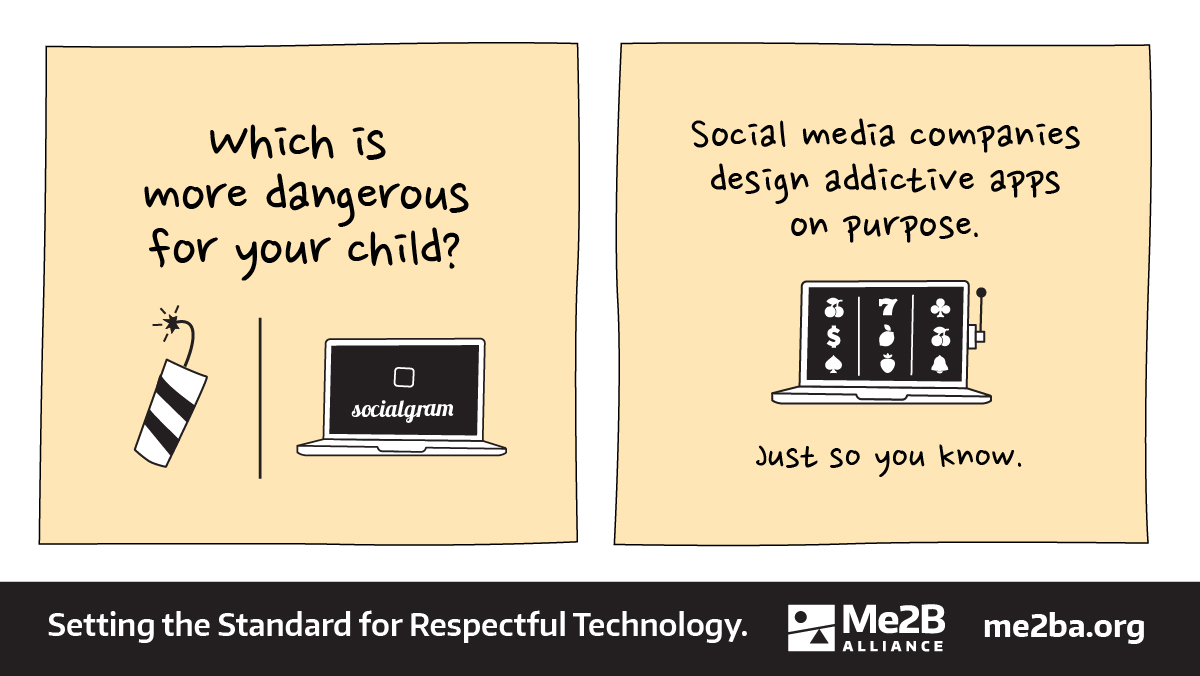Open PDF Abstract “I don't want my location to be tracked, but I give my location out constantly.” “Location consent is intrusive - often the locations shouldn’t be relevant.” “If I don’t feel comfortable, I should have the right to deny its access.” “I might be...
Search Results
Internet Safety Labs Awarded $500K Grant to Continue Research on K-12 EdTech Safety in US Schools
Internet Society Foundation grant strengthens Internet Safety Lab’s efforts to uncover potentially harmful data collection/sharing practices of apps used in classrooms May 1, 2021 09:00 ET | Source: Internet Safety Labs SAN DIEGO, May 01, 2023 (GLOBE NEWSWIRE)...
Spotlight Report #6: Proffering Machine-Readable Personal Privacy Research Agreements: Pilot Project Findings for IEEE P7012 WG
Our relationship with technology involves legal agreements that we either review or enter into when using a technology, namely privacy policies and terms of service or terms of use (“TOS/TOU”). We initiated this research to understand if providing a formal rating of the legal policies (privacy policies and TOS/TOUs) would be valuable to consumers (or “Me-s” in our parlance).
People Don’t Understand the Purpose of Privacy Policies and Terms of Service – New Research Published
Any visit to a website, app download, purchase of a digital service, or use of new software involves legal policies. People typically encounter both a privacy policy and Terms of Use or Terms of Service (TOS/TOU) policy. But do they understand what functions these two types of policies serve? It seems they don’t.
Spotlight Report #5: Me2B Alliance Validation Testing Report: Consumer Perception of Legal Policies in Digital Technology
Our relationship with technology involves legal agreements that we either review or enter into when using a technology, namely privacy policies and terms of service or terms of use (“TOS/TOU”). We initiated this research to understand if providing a formal rating of the legal policies (privacy policies and TOS/TOUs) would be valuable to consumers (or “Me-s” in our parlance).
What is Respectful Use of Location Information? New Me2BA Research Published
As we’ve been performing independent product audits over the past year and a half, we received some push-back on our passing criteria related to the automatic translation of IP address to geographic location. Vendors felt that automatically calculating the user’s geographical location was, in fact, a benefit. However, in our specification, that behavior will receive a failing score. At an impasse, we decided to conduct some validation testing with Me-s.
Most People Feel Negatively About Location Tracking in Websites and Apps According to New Research from Me2B Alliance
SAN DIEGO, Nov. 16, 2021 (GLOBE NEWSWIRE) — Me2B Alliance, a non-profit standards and advocacy organization focused on safe and respectful technology, today published a Spotlight Report which illustrates the significance of permission, relevance, and control when it comes to location tracking in websites and mobile apps. According to Me2BA’s research, 55% of people say it is “creepy” when websites know their location when they are first opened. In total, 81% of respondents used at least one negative term, including creepy, bad, annoying, scary, and confusing, to describe location tracking in websites. 68% used those same negative terms to describe location tracking in mobile apps.
Shedding Light on Dark Patterns

Me2B Alliance’s Head of Validation Research, Noreen Whysel, recently presented “Shedding Light on Dark Patterns: A Case Study in Digital Harms,” at the 2021 Information Architecture Conference.
What if people could send legally binding Information Sharing Agreements to businesses
The Research Project Part of our work at Internet Safety Labs is to assess the practicalities of safer technology for the mutual benefit of people and businesses. We strive to find the sweet spot where safer tech for people delivers loyalty and efficiency gains for...
Our Input to the California Privacy Protection Agency (CPPA) Pre-Rulemaking Stakeholder Sessions
California is a major center of new privacy law and regulation, creating opportunities for internet safety advocates to help design policies that will ripple out well beyond the state’s borders. Their Privacy Rights Act (CPRA), passed by ballot proposition in 2020,...
